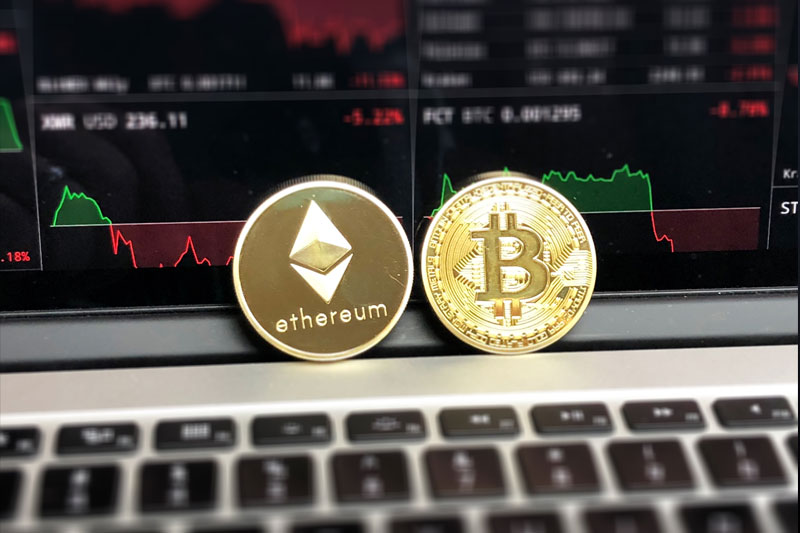If there's one thing the United States has had a history of, it's imposing sanctions on its enemies. Venezuela, Cuba, North Korea, Russia and numerous other nations have been subject to restrictions and penalties over the years, with the U.S. harnessing its economic muscle in order to punish pretty much any country that doesn't play by the international rulebook. One of the most notable of these countries is Iran — which, since the Iran hostage crisis of 1979, has been on the receiving end of a long series of prohibitions, blocks and sanctions.
Some of these sanctions were lifted in January 2016, when the then-President Barack Obama, signed an executive order revoking them as part of the previous year's historic nuclear deal with Iran. However, they were reinstated in November 2018, five months after the current president, Donald Trump, had decided to withdraw the U.S. from the aforementioned deal. And since then, things have only picked up steam, with the Trump administration announcing new sanctions in June in retaliation for the downing of a U.S. drone and then with American lawmakers introducing a bill in December that would place restrictions on Iran's ability to operate a digital currency.
